🎯 Hook: Turning the world’s biggest packaging problem into your startup opportunity.
Single-use plastic is everywhere — in snack wrappers, shipping envelopes, and disposable containers.
And it’s not just inconvenient. It’s catastrophic.
🚨 Over 300 million tons of plastic are produced each year — and less than 10% gets recycled.
But where there’s a crisis, there’s also opportunity. Enter: sustainable packaging startups — agile, innovative, and ready to rewrite the rules of how the world wraps its goods.
🚨 The Problem: Plastic Is Choking the Planet
| Impact Area | Problem It Creates |
| 🐢 Oceans & Wildlife | Plastic pollution harming marine life |
| 🏭 Landfills | Non-biodegradable waste piling up |
| 🔥 Carbon Emissions | Plastic production = fossil fuel consumption |
| ⚠️ Health Risks | Microplastics found in food, water, air |
Consumers know this. Governments know this. And now, brands can’t ignore it.
💡 The Solution: Compostable, Paper-Based & Edible Packaging
Sustainable packaging startups are creating planet-first alternatives to plastic using:
♻️ 1. Compostable Packaging
Made from materials like cornstarch, PLA (polylactic acid), or bagasse (sugarcane fiber)
- Breaks down in 90–180 days
- Ideal for food delivery, FMCG, and retail
- Requires special composting conditions (in some cases)
📦 2. Paper-Based Packaging
Includes corrugated paper boxes, kraft pouches, molded fiber trays
- Fully recyclable and often reusable
- Already compatible with existing supply chains
- Perfect for e-commerce, groceries, fashion, and cosmetics
🍃 3. Edible Packaging
Made from seaweed, rice paper, or potato starch — designed to be eaten or safely dissolved
- Great for single-serve condiments, capsules, and events
- Still niche, but growing fast in food-tech and hospitality
📈 The Business Case: Why Startups & Investors Love It
| Advantage | Why It Matters |
| 🌍 Eco Branding | Attracts conscious consumers |
| 💼 Retail Adoption | Big retailers now require sustainable ops |
| 🧲 Investor Interest | ESG-focused funds prefer green startups |
| 💸 Long-Term Cost Savings | Reusability and compostability = less waste |
| 📢 PR & Media Friendly | “Planet-first” stories get coverage faster |
Startups that align profit with the planet get more traction — and more support.
🔥 Startup Success Examples
- Notpla (UK) – Edible seaweed packaging for sauces and drinks
- EcoEnclose (USA) – Custom compostable mailers for e-commerce
- Chuk (India) – Tableware made from sugarcane waste
- Lumi (USA) – Paper-based branded packaging for D2C brands
- Bakeys (India) – Edible spoons and cutlery
💡 These brands didn’t just go green — they built a USP (unique selling proposition) around sustainability.
🎯 Who’s This Best For?
| Industry | Use Cases for Green Packaging |
| 🛍️ E-commerce Brands | Recyclable shipping boxes, zero-waste mailers |
| 🥗 Food & Beverage | Biodegradable meal containers, edible cutlery |
| 💄 Cosmetics & Wellness | Compostable jars, refill pouches |
| 🧴 Supplements | Paper tube bottles, dissolvable sachets |
| 📦 Retail Packaging Startups | Custom kraft boxes, molded pulp trays |
🧠 Packaging Design = A Key Differentiator
Smart sustainable brands don’t just use green packaging — they show it off with pride.
✅ Labels with “100% Compostable” or “Made from seaweed”
✅ QR codes linking to sustainability pages
✅ Natural textures and earthy color palettes
✅ Refill instructions and upcycling ideas on packaging
💡 Services like PackagingSeller.com support eco-focused startups by offering ready-made, print-ready packaging templates that are optimized for kraft, paperboard, and minimalist branding — perfect for green brands ready to scale.
🧠 Final Thoughts
Sustainable packaging isn’t a trend. It’s a movement.
Startups that solve the plastic problem don’t just help the planet — they build modern, marketable, and memorable brands
Difference Between Aseptic Packaging and Tetra Pak – Which Is Better for Your Product?

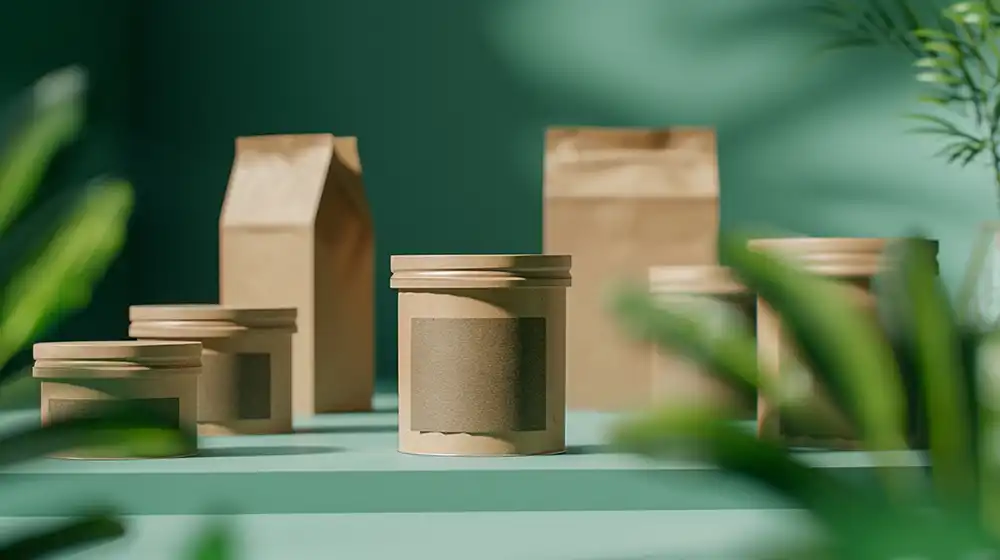
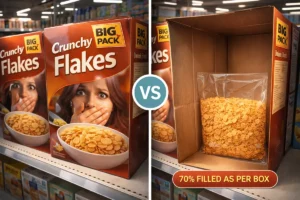

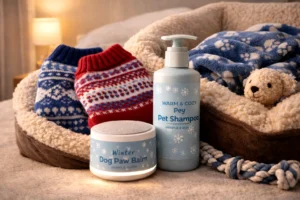
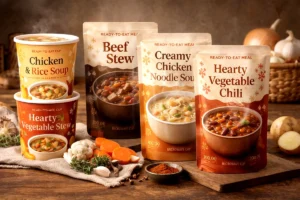
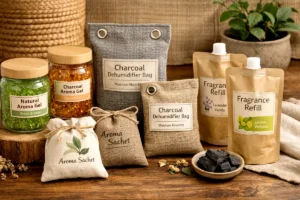
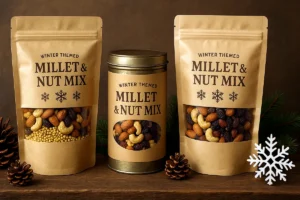
One Response